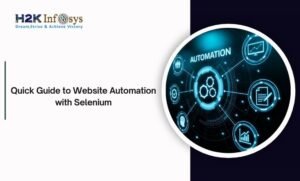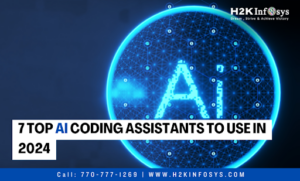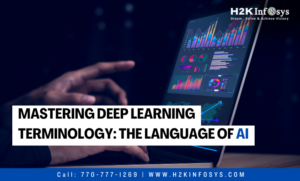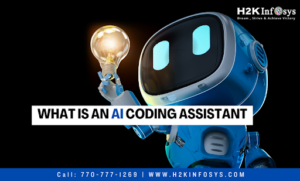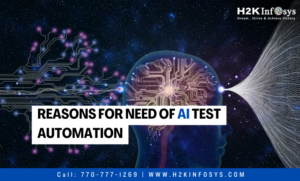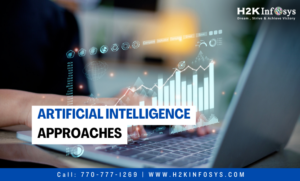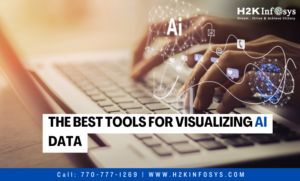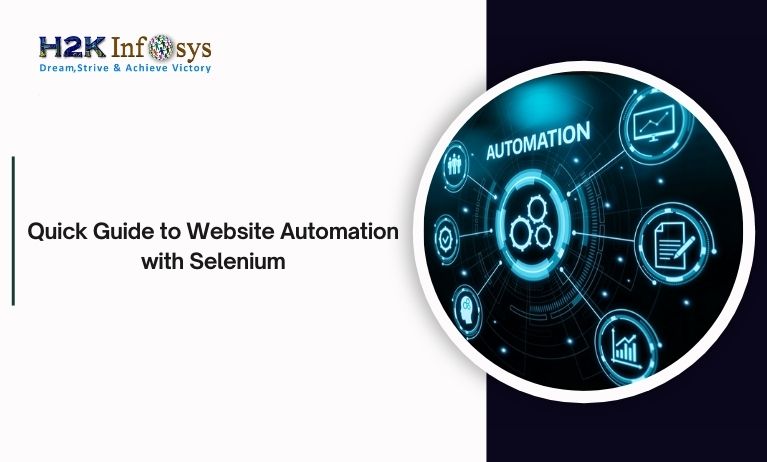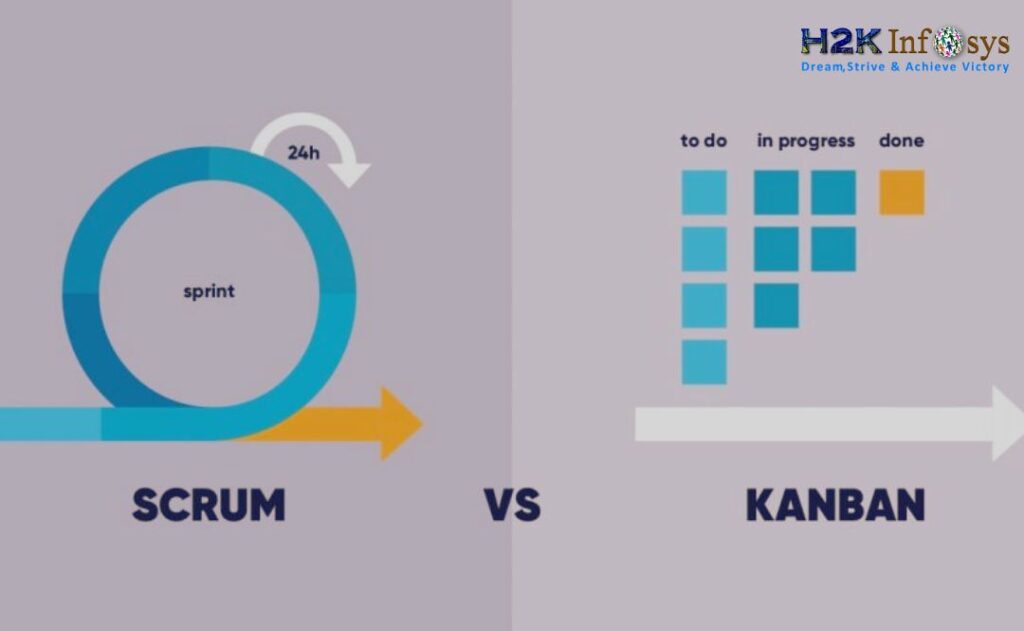Artificial Intelligence is one of the trending technology which is been used worldwide. Its evolving technology which will train the machines to think, act or react like human beings hence its important to know about artificial intelligence as well as its tools.
Artificial Intelligence, its also called as AI which is the trending technology which allows computer program to learn, and act on its own. It is machine to machine emulation of human being intellect which will make them do things which humans normally perform. In simple words, we can say that AI refers to the ability of device ability to function like the human intelligence and perform the tasks that humans can perform.
Basically AI has the potential which will change how we live work as well as play, and its been effectively used in business which will automate the tasks which is been made by human beings which contains customer service work and lead generation, fraud detection and also quality control.
Some of the Advantages of Artificial Intelligence:
1. Artificial Intelligence which has been proven to be good enough if not better than doctors at the diagnosing certain diseases or cancer which includes breast cancer as well as melanoma
2. Artificial Intelligence is been widely used in the data industries which includes banking and securities, pharma and insurance which will reduce the time taken to analyse the data sets.
Example: AI will process loan application and detect the frauds for the financial service’s
3. Artificial Intelligence will not sleep or take break it will provide 24*7 services
4. Artificial Intelligence will personalise the content, ads and messaging the recommendations and websites to the each and every person.
5. Artificial Intelligence which has translation tools delivers high levels of consistency which offers small business which has ability to reach customers in the known language.
Few Disadvantages:
- It’s expensive
- It requires deep technical expertise
- This will eliminate the human jobs and it increasing the unemployment rates
- There is limited supply of qualified workers which will build Artificial Intelligence
Artificial Intelligence will be categorized as weak and strong AI:
- Weak Artificial Intelligence: this is also called as narrow Artificial Intelligence which is been designed and trained to complete the particular task, industrial robots and virtual personal assistants like apples Siri which makes use of weak Artificial Intelligence.
- Strong Artificial Intelligence: this is also called as Artificial general Intelligence which narrates the programming which replicates the cognitive abilities of the human being brain, whenever its been presented with an unknown work strong AI system which will be used logically to put in an application to the knowledge from one domain to another which will find the solution.
Artificial Intelligence will be categorised into four sections, firstly with the task specific intelligence which is been widely used in todays generations and progressing to sentient systems which Is yet to come
Types of Artificial Intelligence:
- Reactive Machines: in this the machine Artificial Intelligence systems will have no memory and are task oriented.
- Limited memory: in this type Artificial Intelligence systems will have memory so that they can be used in the past experience so that they can inform future decisions, using this we can design self-driving cars
- Theory of mind: this is the one of psychology word when its been applied to the Artificial Intelligence which means the system will have the social intelligence which is able to understand the emotions or feelings. This type of Artificial Intelligence can predict behaviour.
- Self-Awareness: in this Artificial Intelligence will have feeling of self which narrative consciousness and machines with the self-awareness understand their own current state.
Artificial intelligence (AI) has a wide range of applications across various industries and domains. Here are some notable applications:
Healthcare: AI is used for diagnosing diseases, analyzing medical images like X-rays and MRIs, personalizing treatment plans, drug discovery, and managing patient records efficiently.
Finance: AI algorithms are employed for fraud detection, algorithmic trading, credit scoring, risk assessment, customer service through chatbots, and personalized financial advice.
Autonomous Vehicles: AI is crucial for developing self-driving cars, trucks, drones, and other autonomous vehicles. It involves complex systems for perception, decision-making, and control.
Customer Service: AI-powered chatbots and virtual assistants are increasingly being used for providing customer support, answering queries, resolving issues, and automating routine tasks in various industries.
Marketing and Advertising: AI algorithms are utilised for analysing consumer behaviour, targeting ads, personalised recommendations, content generation, sentiment analysis, and predicting market trends.
Education: AI is transforming education through personalised learning experiences, adaptive learning platforms, intelligent tutoring systems, automated grading, and educational content generation.
Manufacturing: AI-driven robots and automation systems are revolutionising manufacturing processes, including predictive maintenance, quality control, supply chain optimisation, and autonomous logistics.
Natural Language Processing (NLP): NLP techniques are employed for language translation, sentiment analysis, speech recognition, chatbots, virtual assistants, and text summarisation.
Cybersecurity: AI helps in identifying and mitigating cybersecurity threats by analysing patterns, detecting anomalies, and improving incident response times.
Agriculture: AI technologies such as drones, sensors, and predictive analytics are used for precision farming, crop monitoring, yield optimisation, pest detection, and smart irrigation.
Entertainment: AI is used in gaming for procedural content generation, character behaviour modelling, and enhancing graphics. In the film and music industries, AI is utilised for content recommendation, editing, and production.
Energy: AI helps in optimising energy distribution, predicting demand, improving grid efficiency, and managing renewable energy resources like wind and solar power.
Environmental Conservation: AI is applied for monitoring and analysing environmental data, tracking wildlife, combating poaching, managing natural resources, and predicting climate change impacts.
Supply Chain Management: AI is used for demand forecasting, inventory optimisation, route planning, warehouse automation, and real-time tracking of shipments.
These are just a few examples, and the applications of AI continue to expand rapidly across various sectors, promising to revolutionize how we live, work, and interact with technology.



